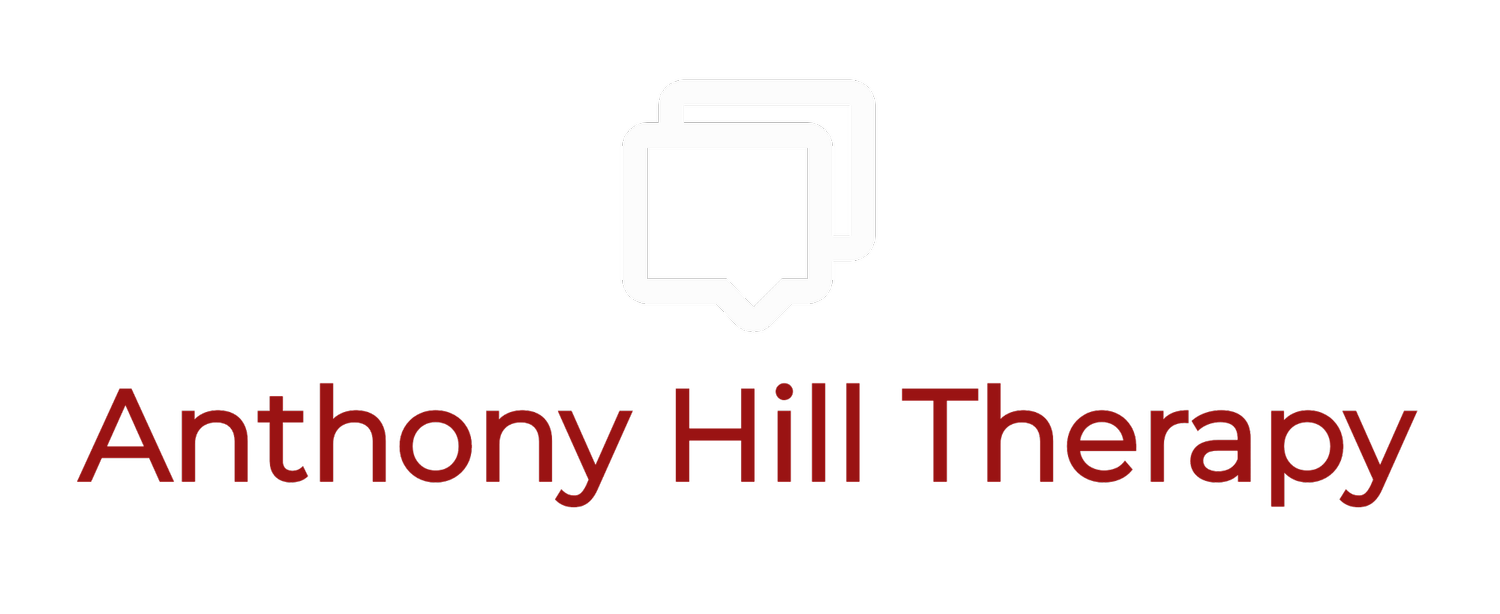
Counselling for Anxious Patients
What is Anxiety?
According to the World Health Organisation, mental health disorders are rising worldwide. Research has shown that between 1990 and 2013, cases of anxiety and depression have increased from 416 million to 615 million, an increase of close to 50%. This means that these conditions affect almost 10% of the world's population today.
What Causes Anxiety?
Anxiety is a bodily response to a perceived threat. Events such as an interview, a hospital visit, illness, pregnancy, or moving house can trigger anxiety. When the 'fight or flight' response is triggered, our bodies flood with adrenalin and cortisol to prepare us to fight or flee the danger. Once the perceived threat has passed, our bodies will usually release other hormones that help to relax us, which can also cause us to shake.
Anxiety is a symptom of many common mental health disorders such as Generalised Anxiety Disorder (GAD), phobias such as agoraphobia or claustrophobia, social anxiety disorder, or Post Traumatic Stress Disorder (PTSD). Yet, it can also simply be something you may suffer with, even without a diagnosis of any of the above. Anxiety becomes a problem when we find ourselves having a 'fight or flight' response that seems out of proportion to the actual danger, or indeed when there is no danger.
Symptoms of Anxiety
The physical symptoms of anxiety can include, amongst other things, shortness of breath, racing heartbeat, nausea, trembling, sweating, and the urge to pass urine or a bowel movement. Anxiety can also bring specific psychological symptoms, such as dread, fear, irritability and tension.
Test for Anxiety
If you are considering whether or not you might be suffering from anxiety, then the first step might be to speak with your doctor about how you are feeling. They will ask you further questions and recommend measures designed to help you. If you would like to assess yourself initially, you could try the following online test, the Generalised Anxiety Disorder Assessment (or GAD-7 for short). The test consists of 7 simple questions that can help you get a clearer idea of the severity of your anxiety compared to a benchmark and how you have been feeling in the past two weeks.
Click here to take the test.
Book a Free Anxiety Consultation
Talking confidentially to someone trained to listen non-judgmentally and support you in exploring and discovering ways to reduce and manage your symptoms can be a very effective way of making life a little less complicated regarding anxiety. If you think this might be right for you, please do feel free to get in touch, and we can look to organise a free Anxiety Consultation to discuss together what you are experiencing and how counselling and psychotherapy for anxiety might be able to help.
